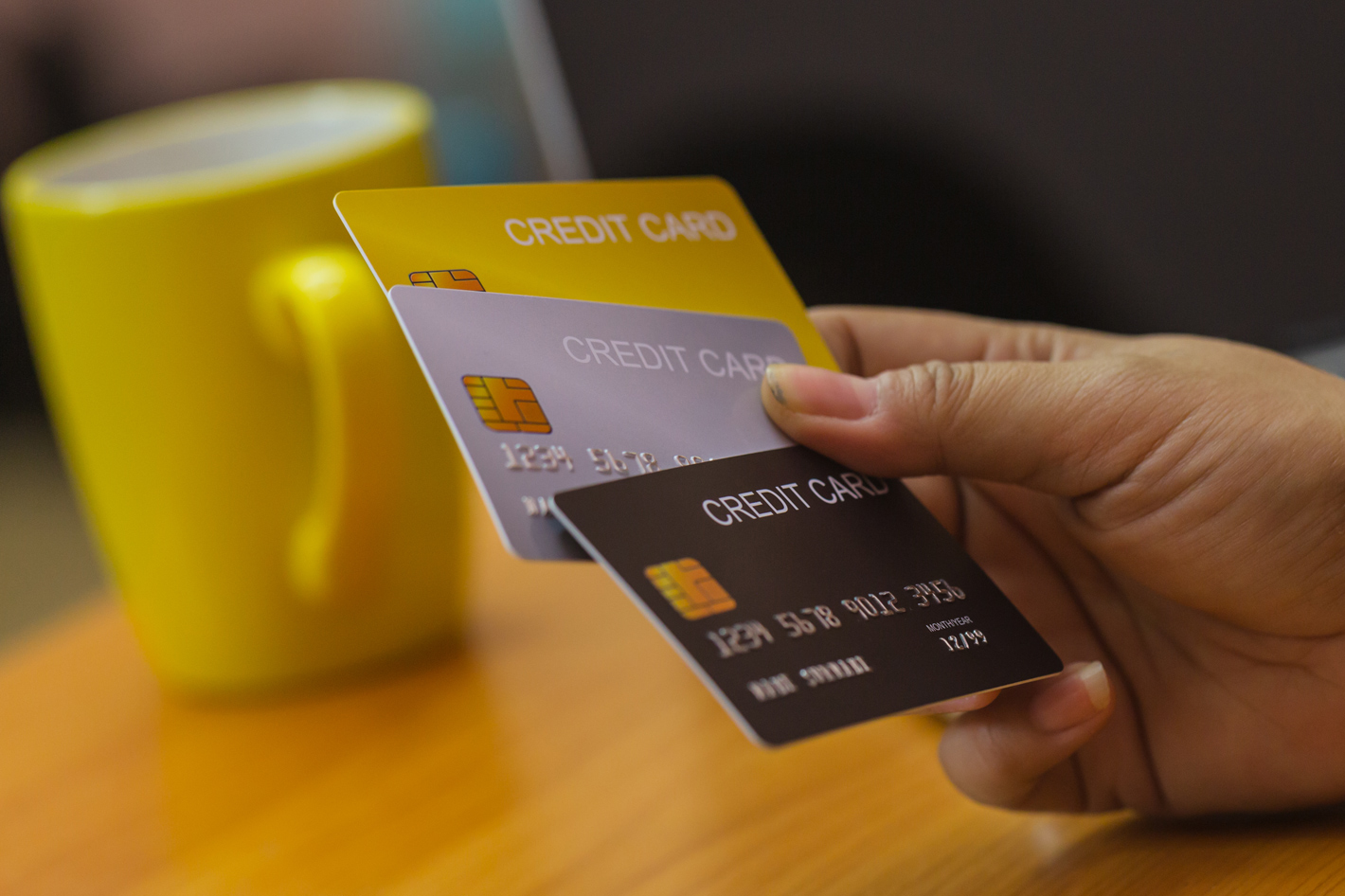
Credit Card Refinance: Is It a Smart Move?
Ever consider taking on new debt in order to pay off current debt? It may sound counterintuitive, but in the case of credit card refinancing, this could be a smart move. Using a personal loan to pay off high-interest credit cards is an option because of its simple interest calculation and fixed monthly payments. Not only could you save money each month, but knowing when you will pay your debt in full is a great motivator.
The outcome of credit card refinancing could be one or more of the following: better terms and rates, streamlining your payments, or a lower monthly payment – all of which could save you money.
Simple vs. Compound Interest
When considering credit card refinancing, you need to understand how interest works. Generally speaking, simple interest is calculated by multiplying the principal loan amount by the interest rate then by the term. This means the amount of interest you pay over the term of your loan is fixed and will not change. Most personal loans use simple interest calculations.
Compound Interest is a little more complex and means you are paying interest on interest. While this is great for your savings and investments, it’s not so great when it’s your debt. Many credit card issuers compound interest daily. To calculate this, your card’s annual percentage rate (APR) is converted to a daily periodic rate (APR/365). Next, your average daily balance is calculated by adding up all the daily balances and dividing by the number of days in the billing period. The last step is to multiply the daily periodic rate by the average daily balance then multiply that number by the number of days in the billing cycle.
Credit Card Refinancing: When is it a Smart Move?
When your credit score has increased because this means potentially qualifying for better rates, and that leads to lower payments and a lower overall balance paid.
When the current debt’s interest rate is substantially higher than that of a new loan. Fixed-rate loans are just that: fixed, which means the budget is the same every month until the loan is paid in full.
When you need lower payments. If your income has decreased, you will feel less stress with lower monthly payments. If your credit score is in good standing, this is a great time to consider looking into paying off your credit card balances with a personal loan.
When your income has increased, and you can afford higher payments. Even though you could increase the monthly payment to the credit card company, it’s more likely that switching from revolving debt to a fixed-rate loan will be a more advantageous maneuver. Especially since it might be possible to qualify for a loan with better terms, the loan could be paid off sooner and with less interest.
Credit Card Refinancing can mean freeing up some cash every month that can be put away for a college fund, a vacation, or just to make sure you have something extra for those rainy days and being debt-free will feel so good.
Using a personal loan to pay off credit card debt could be a smart move and a better solution in the long run than holding onto high-interest credit card debt. One monthly payment with a fixed rate and term may not only save your money each month but before you know it, that debt is gone.
At LendingPoint, we believe everyone deserves to feel the power of possibilities. Are you ready to see what you qualify for? Start HERE with a short and simple application to instantly see loan offers with no impact to credit.

